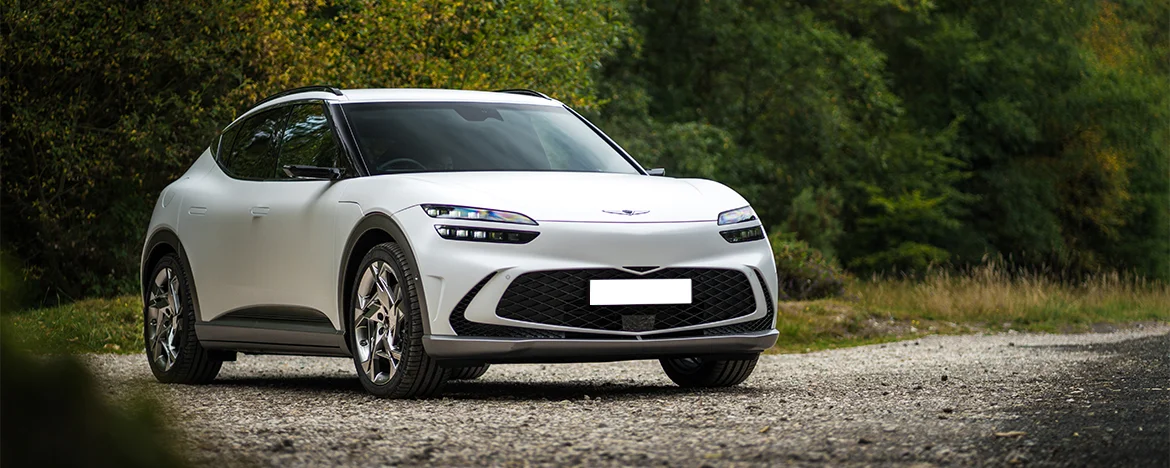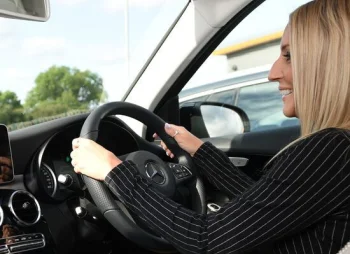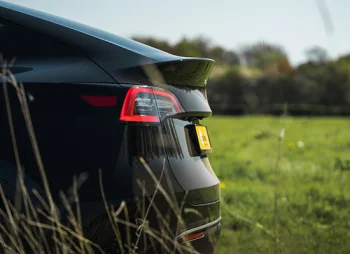What are the tax benefits of business car leasing?
Business leasing is a great option if you’re looking to lease a car through your business or offer your employees a company car or salary sacrifice benefit.
You can make huge VAT savings on your monthly payments by opting for a business lease deal.
There’s also a whole host of additional tax benefits on the table. And, by leasing a car, you also free up cash flow that simply wouldn’t have been possible if you bought the car outright.
Having a clear understanding of the exact money being paid towards a company car each month can give you financial peace of mind, and provides a hassle-free driving experience for you, your team, and your fleet.
From Benefit in Kind (BiK) to National Insurance, a business lease can come with huge tax implications, so we’ve compiled this helpful guide to provide you with all the information you need







